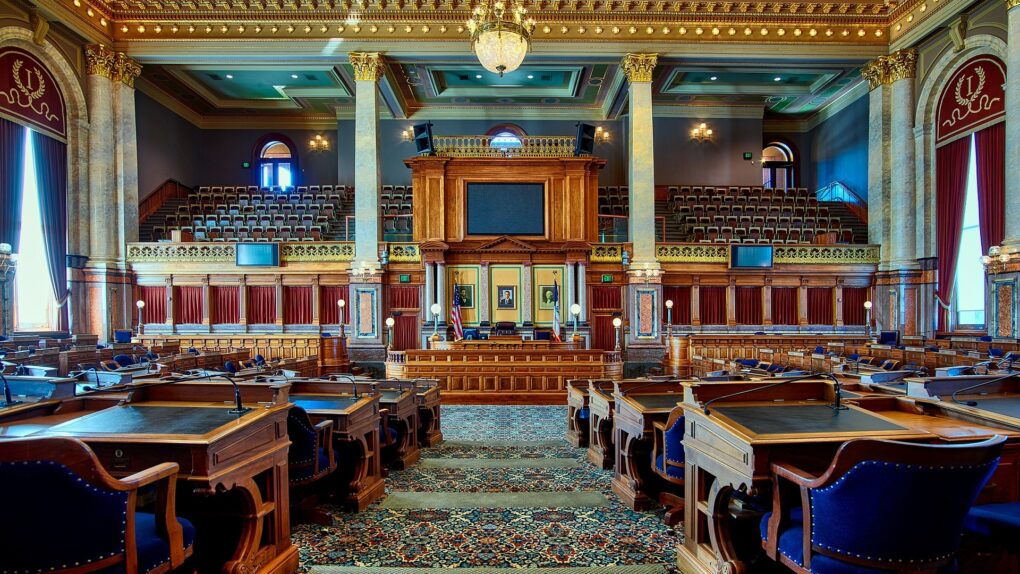The peculiarity of the alcohol law in the U.S. lies in the broad powers of local authorities – many counties have introduced “dry laws”, and they also limit the time and days of sale of alcohol. Most states restrict sales on Sundays and holidays.
In Alabama, beer cannot be sold in containers larger than 0.75 liters. Only wine and beer can be sold in grocery stores; you have to go to specialty retail outlets for hard liquor.
In Colorado, alcohol can only be sold in liquor stores and dispensaries licensed to sell liquor. Grocery stores can only sell 3.2 percent strength beer. Some chains purchase a pharmacy license that allows you to sell alcohol in one of their stores.
In Delaware, persons under 21 cannot even enter liquor stores or bars without a parent or guardian.
In Indiana, it is illegal to sell cold beer in grocery stores.
Kansas has some of the strictest alcohol laws. In 59 counties, for example, a business must generate at least 30 percent of its income from food sales in order to sell alcohol. But even then, only beer with a strength of no more than 3.2 percent is allowed to be sold. Other alcohol is sold only in state retail stores.
